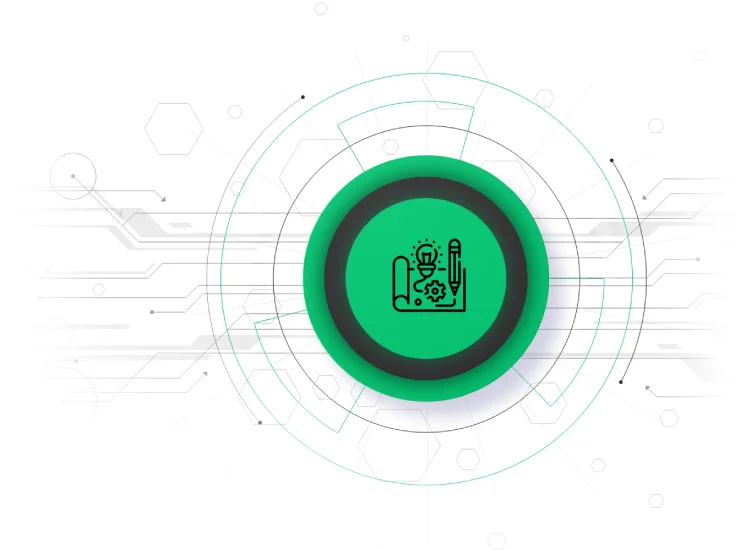Access to Home Assistant – locally and remotely

From browser or mobile app
You can access Home Assistant via a URL from any web browser or through the Home Assistant mobile app for Android and iOS. The connection can be local (from the same Wi-Fi network) or remote (from anywhere).
- Local address: http://homeassistant.local:8123/
- Mobile app: Android / iOS
Local access
Local access means being connected to the same internal network (router) as the Home Assistant server, using the URL http://homeassistant.local:8123/ via a browser or the app. This is the default method.
Remote access
Remote access allows you to control your smart home from anywhere via the internet. You need to configure this access, and there are several options differing in price and ease of use.
To control your smart home remotely, you can choose from:
If you have a public IP address (paid service from your ISP, approx. 50 CZK/month), you can set up port forwarding on your router to access Home Assistant via your home’s public IP. For security, ensure proper router configuration and additional protections like 2FA.
The most cost-effective solution – you only pay for the domain (any existing one can be used). Home Assistant is made available through a Cloudflare Tunnel via a (sub)domain.
Steps to enable remote access via Cloudflare:
- Own a domain connected to Cloudflare.
- In Home Assistant, install the cloudflared addon.
- Configure the addon:
- Under
Configuration:External Home Assistant Hostname= the access URL, e.g., "house1.mydomain.com"Cloudflare Tunnel Name= the tunnel name, e.g., "hat-house1"
- Under
Info, enableStart on bootandWatchdog - Still under
Info, start the addon. - Open the URL shown in the
Logtab and authenticate with your Cloudflare account to complete the setup. - Update Home Assistant configuration:
- Edit
/config/configuration.yaml:http: use_x_forwarded_for: true trusted_proxies: - 172.30.33.0/24 - Restart Home Assistant
- Edit
- Access Home Assistant remotely via the URL, e.g., "https://house1.mydomain.com"
- Under
Note: Ensure that users who need remote access have it enabled. 2FA is strongly recommended.
If Cloudflare proxying is not suitable, consider setting up your own custom proxy.
Activate Home Assistant Cloud – the Home Assistant team provides a cloud service that creates a secure bridge between Home Assistant OS and the mobile app. The service costs about 185 CZK/month.
Private VPN – establishes a secure connection between Home Assistant OS and your phone. If you have a public IP, you can set up a VPN server on your router, and access HA via the local address http://homeassistant.local:8123/.
If you don’t have a public IP but run Home Assistant on Linux (e.g., Ubuntu Server), you can use Tailscale VPN to connect without needing a public IP. Tailscale is free in its basic version.
Remote notifications
If you don’t need remote control but want mobile notifications (e.g., door opened), you can send notifications or emails from your local Home Assistant. This way, your system remains private. However, you need to have the app installed on your phone to receive push notifications. Some services you can use:
- Telegram – Create a group and bot (e.g., My Home + HomeAssistant bot), configure the Telegram integration in Home Assistant to send messages via the bot. Integration guide: https://www.home-assistant.io/integrations/telegram/.
- Pushover / Pushbullet – specialized services for push notifications. Integration is similar to Telegram.


